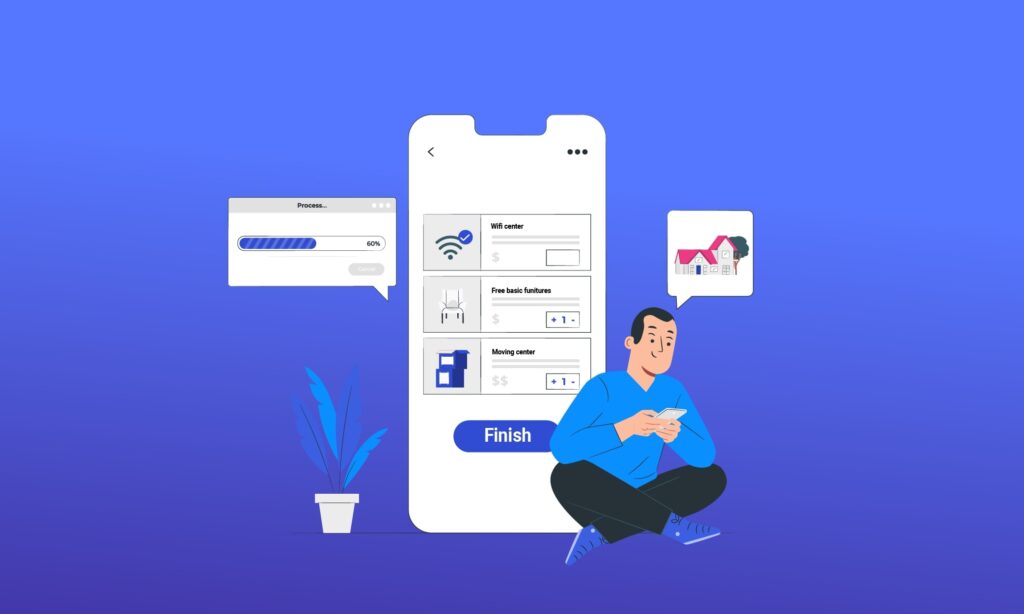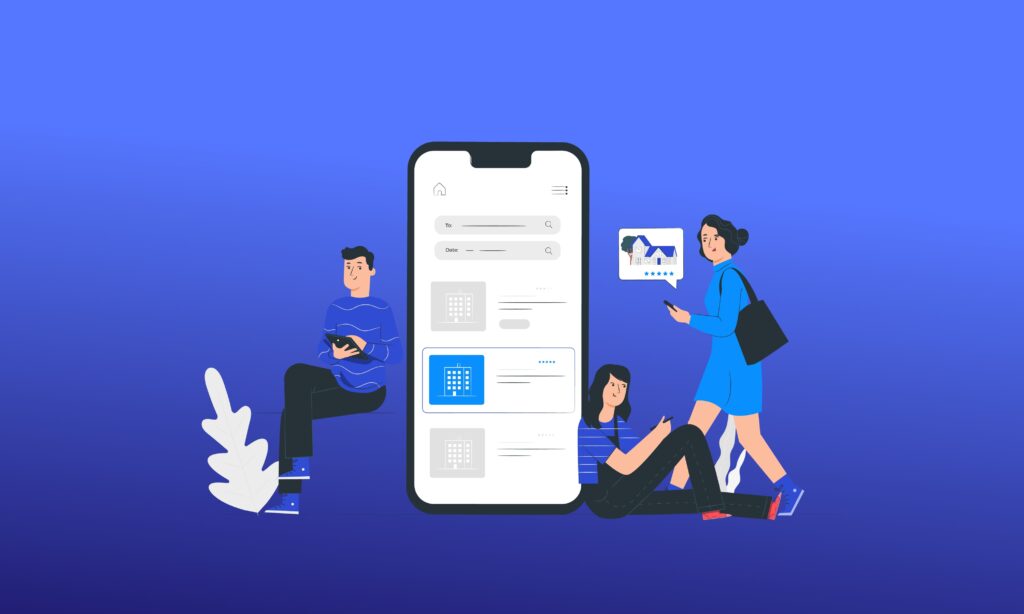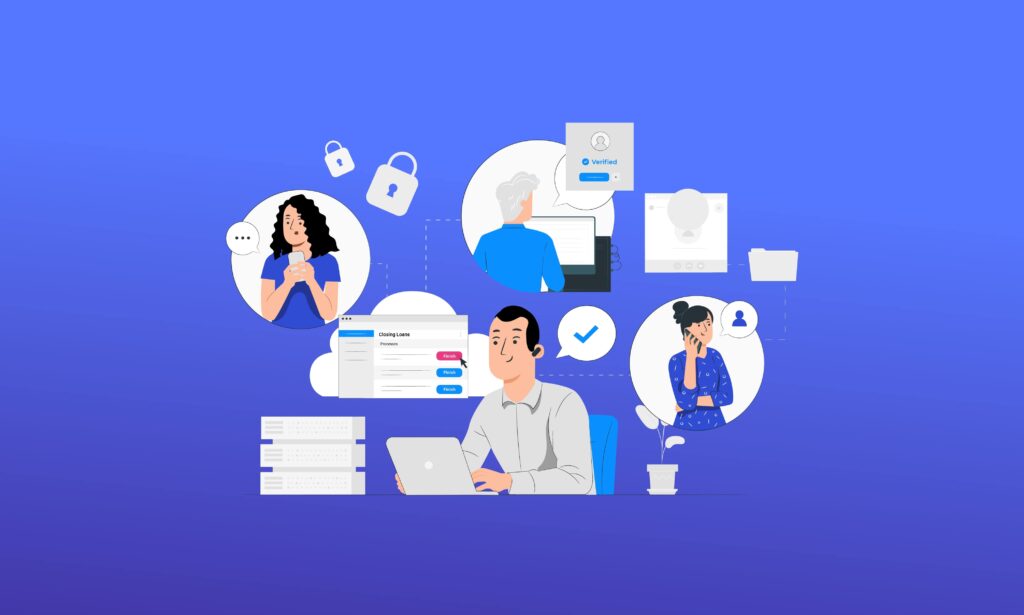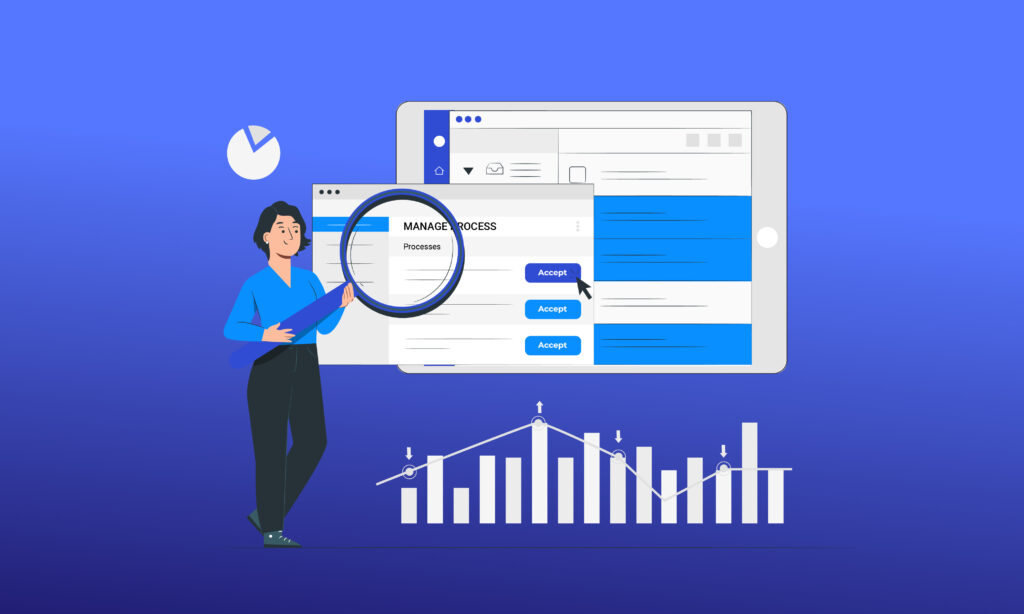The FintechOS Annual Summit in 2020 allowed leaders in the lending industry to come together and describe their experiences during the COVID-19 pandemic and how the mortgage industry needs to adapt in the future. They looked at how customer expectations have been changing and what types of adaptations are best set to respond to those changing needs in the future.
Understanding what customers are looking for is important, but it is even more important to see how the journey to fully digital mortgages will work within your company. No two companies will have identical journeys, but by analyzing which changes are appropriate, you can select the right tools and technologies to leverage.
BeSmartee explores what kinds of changes are important in the journey to digital mortgages and how they can help both lenders and borrowers in the future.
Automation
Automation is one of the most significant advancements in the mortgage industry. It increases accuracy, speeds up the process and reduces overhead costs. By automatically creating fields with data collected from other papers, it also avoids mistakes.
Benefits of Automation
- Because the data would cross-populate, loan officers will no longer have to spend hours manually inputting. Instead, your employees will be able to spend more time focusing on your clients rather than manually processing data or doing tedious tasks.
- You save money on overhead costs. One of the most irritating elements of the loan application process is the sheer number of documents required. The amount of labor necessary to be approved for a loan can easily overwhelm customers.
The majority of individuals have highly busy schedules and are unable to dedicate hours of their time to filling out the same information on multiple forms.
- Artificial intelligence has progressed to the point where it can now help by pre-populating data on some digital forms. Your clients and loan officers will save time if your system can pre-populate more data.
- Other than pre-populating data, AI and machine learning can perform spot-check financial eligibility evaluations in seconds, even without a credit history, that would normally take a loan officer a few hours to complete.
Automation is beneficial not only to your consumers but also to your company’s bottom line.
- Automation can also be used to ensure regulatory compliance. While keeping up with today’s fast-paced and ever-changing legal climate might be tough, automation can help.
- Even the most seasoned professionals make errors, but automation does not. These procedures need a huge amount of data and cross-verification, both of which automation can do rapidly and accurately.
If you’re looking for a solution that will walk you through the whole loan process, check out our mortgage POS. Because of big data, process automation and an all-in-one MLO site, BeSmartee is the only third-party POS that can take your customers and originators from submission to assessment in minutes.
Self Service
While many clients welcome the option of not interacting with their loan officer as much during the process, digitalization also facilitates collaboration. When conversing is simple via Zoom calls and text conversations, financial organizations and individuals are more inclined to contact you.
Using online calculators and other such tools educates individuals about the loan process and simplifies the lending relationship’s progression through the market.
Another example of self-service that customers may see in the future is the digitization of notary interactions, which would also speed things up considerably. Customers like having self-service options available to them.
Customers may use chatbots to learn more about the lending procedure anytime they have a few minutes to spare. By employing automatic notifications and keeping consumers informed about their loan status, artificial intelligence can improve your company’s transparency.

Customer Portals
One of the most prominent self-service capabilities is that of an online or in-app customer portal. Using technologies that put the power to track loans in the hands of consumers is one way to give them the choice of minimizing human involvement during the lending process. A customer portal allows customers to upload documents at their leisure rather than printing and bringing them into the office.
They may also check on the progress of their loan, verify if anything is missing, and ask inquiries via Live Chat if they have any concerns. Web portals are also great locations to include connections to educational articles and websites, so clients can do their own homework before applying for a loan.
Transparency
Unfortunately, it’s no secret that traditional banks are known for hiding fees in their services. Customers are wary of being charged increasingly significant fees as the purchase progresses because they failed to read the fine print. They want to deal with lenders who are open and honest about their fees, allowing clients to make informed decisions regarding their financial partners.
Subscribe to BeSmartee ‘s Digital Mortgage Blog to receive:
- Mortgage Industry Insights
- Security & Compliance Updates
- Q&A’s Featuring Mortgage & Technology Experts
Blockchain technology is just one instance of how technological developments are making the world more transparent. Every transaction on the blockchain is irreversible and visible to everyone with the appropriate credentials. There’s also no need to limit that access. No one can alter the transactions after they have been inscribed.
One of the factors in Blockchain’s appeal is that mortgage officers need data from a variety of sources in a variety of industries, including financing. Loans cannot be approved unless several entities verify details, and the time spent waiting for such transactions is a key obstacle in the process.
When the data is completely accurate and transparent for everyone to see, correspondence time is cut in half, and loan officers can get back to work quickly. Centralizing data and making it visible to everyone who needs it is essential for speeding up the process and improving customer satisfaction.
Additional Services
Another way to leverage the capabilities of digital mortgages is to join efforts with other companies to provide bundled or packaged services. Both you and the other companies benefit by ensuring that it is more convenient for the customer to choose your package, and it is easier for a busy customer to not have to spend days researching all of the various competitors. For example, when someone moves into a new house, if their mortgage could also address utilities like electricity and Wi-Fi, it would make the move easier.
Lenders could also partner with real estate agencies to enable someone to find the house they want, finance it and set up whatever other utilities and services they need with a single point of contact. These services could even be expanded to include:
- Furniture companies
- Movers
- Construction companies
- Other home improvement services.
Centralizing these disparate companies doesn’t have to turn into a massive conglomeration either. Other companies have undoubtedly adopted technologies that yours hasn’t and leveraging your partnerships with them means that you, and your customers, can take advantage of those technologies without you needing to implement them yourself.

Forging Bonds with Brokers and Lenders
FintechOS’s summit saw plenty of industry leaders noting that brokers and lenders needed to find new ways to strengthen their partnerships. Currently, brokers work with multiple lenders with varying requirements and platforms which can quickly become a complicated mess.
Undoubtedly, this means that there is a lot of unnecessary data transfer and entering across systems which increases the potential for error and slows down the process. Ideally, one platform or paradigm would be used for all lenders and brokers to streamline their efforts and ensure that everything is accurate and efficient.
One Thing That Won’t Change
It might seem like digital mortgages are a complete paradigm shift from traditional mortgages, and in many ways, that is true. However, there is one aspect that isn’t going to change: the need for good customer service.
How customers reach out and expect to interact with your loan officers may certainly be different, but borrowers often need that professional guidance, especially when it is their first loan experience.
Just because people want to text or email doesn’t mean they are any less committed to learning through the experience or need fewer inputs from a loan officer.
Roundup
Customers will expect their loan process to be swift and efficient, with little opportunity for human error, as more individuals begin to use digital mortgage products. The pandemic was only the beginning; firms who do not invest in digitalization for their financing will rapidly fall behind their more forward-thinking competitors.
Learn why lenders leverage BeSmartee’s mortgage expertise to complete their digital transformations today.















